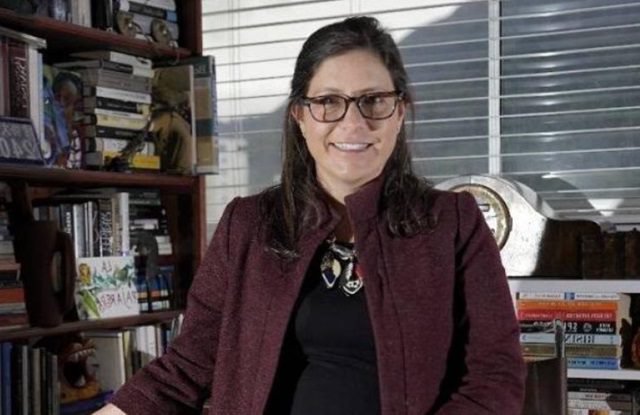BTN News: The recent election in Venezuela, held on July 28th, has sparked a significant amount of controversy and international concern. Nicolás Maduro, the long-time leader of the chavismo movement, was declared the winner, which would extend his tenure in power to 18 years. However, these results have been widely questioned, both within Venezuela and by the global community, due to the lack of transparency and integrity surrounding the electoral process.
The United Nations, through its Secretary-General, issued a statement criticizing the election, stating that it failed to meet the basic standards of transparency and credibility essential for legitimate elections. This has only fueled the outcry from opposition leaders in Venezuela, who are demanding that the official results, particularly the voting records, be made public to validate Maduro’s victory. Despite these demands, the electoral authorities have yet to release the detailed results, raising further suspicions about the legitimacy of the outcome.
Internationally, the response has been one of condemnation and concern. Protests have erupted across various countries, with people taking to the streets to demand transparency and fairness in the Venezuelan elections. The situation has become a focal point in global discussions about democracy and human rights in Venezuela, with various world leaders weighing in on the crisis.
Colombian President Gustavo Petro has also addressed the situation, suggesting that the resolution of Venezuela’s political crisis hinges on Maduro’s willingness to engage in a political solution. Petro proposed the idea of establishing a transitional government that would lead to new, free elections, emphasizing the need for a peaceful and prosperous future for the Venezuelan people. However, his proposal was met with criticism from Juanita Goebertus, the director of Human Rights Watch for the Americas, who dismissed the notion of new elections as a “mockery.” She stressed that any transition plan should include the publication of the voting records, an independent audit, and respect for the true winner of the election.
The unfolding political crisis in Venezuela has once again placed the country’s future in the spotlight. With growing calls for transparency and fairness, the international community continues to watch closely, hoping for a resolution that will ensure peace, democracy, and prosperity for the Venezuelan people. The outcome of this situation will undoubtedly have significant implications not just for Venezuela, but for the region as a whole.


